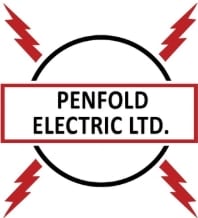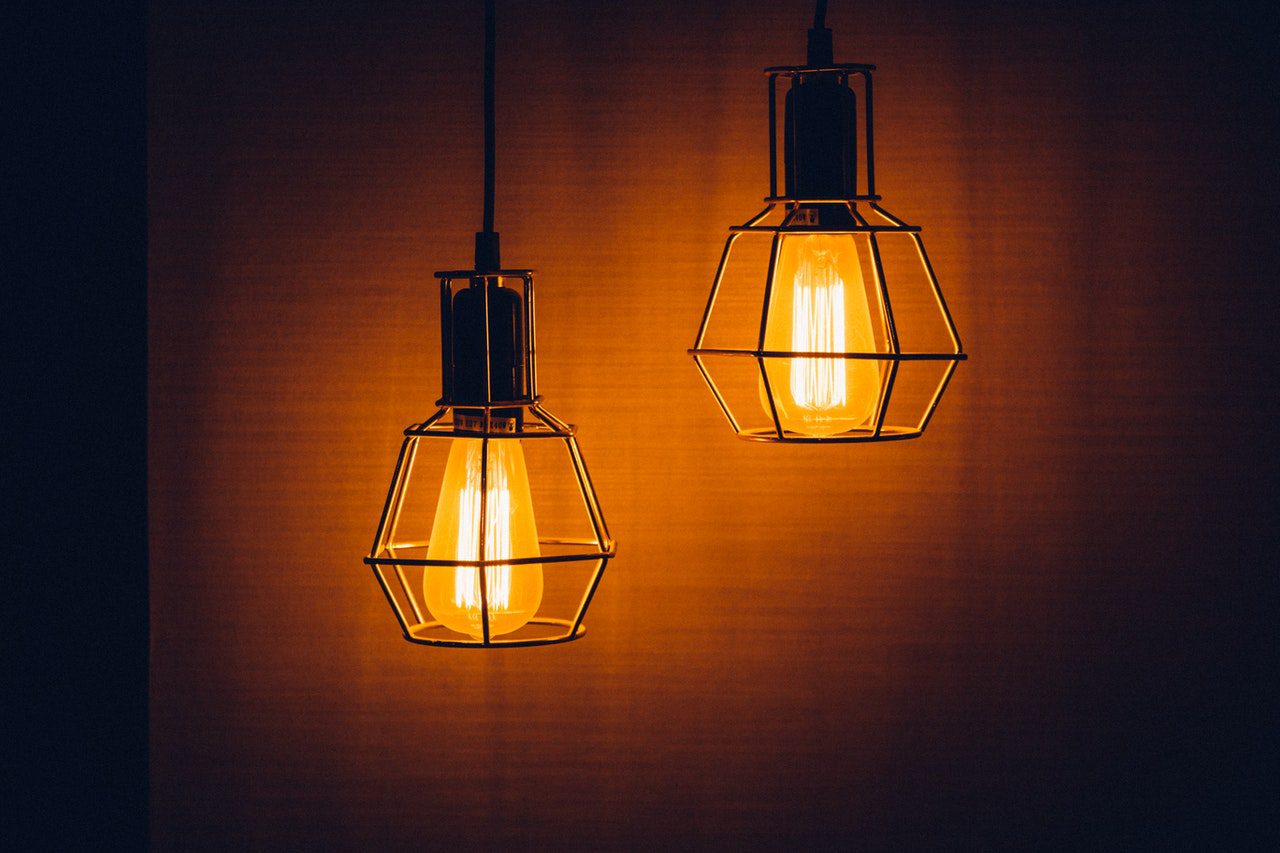Having a portable generator is a great idea to protect your home, its contents, and the people who live in it in the event of an extended power outage. Though portable generators generally do not allow for the majority of a home to be powered, they can offer important protection to help your appliances stay powered on, keep you connected to the internet, and provide lighting and power to other electrical components of your home to keep you safe and comfortable.
At Penfold Electric, we are dedicated to providing you with the best customer experience and strive for your satisfaction. In this post, we help you understand what is involved when it comes to knowing how to connect a generator to a breaker panel. This will help you to understand what to expect when you choose a residential electrician to complete the installation of your generator.
Need assistance with choosing the right portable generator for your home or want more information concerning installing a Generac generator? Contact us today. We have extensive experience in helping our customers install generators that suit the unique needs of their homes.
How to Hookup Generator to Breaker Panel
As you review the steps involved with hooking up a generator to a breaker panel, please keep in mind that this work is best suited for professional, certified electricians. Installing a transfer switch or hooking up a portable generator to a breaker panel is a complex job and should not be attempted on your own. Be assured that the job has been done safely and correctly by hiring a licensed electrician.
- Identify Plug Type and Amperage of Generator
- Drill Access Hole
- Install Power Inlet Box
- Wire Generator Inlet Plug
- Send Wires into the Home
- Integrate Wires into Breaker Panel
Though it may not seem complicated, there are many steps involved in hooking up a generator to a breaker panel. Always reach out for professional assistance to ensure the safety of your home.
What Can a Portable Generator Power?
Portable generators come in a variety of size options and knowing which one is right for your home will depend on your unique needs. If you are looking to protect important appliances such as freezers, air conditioning and sump pumps, you’ll need to choose a generator that provides around 2000 watts. Knowing which size can be tricky, and speaking with an electrician may be the best way to determine the right sized generator for your home. Our previous article, Your Guide to Choosing the Right Size of Generator, provides additional insight to help you make a smart choice.
How Much Will a Generator Cost?
Generators and the costs associated with installing them can seem like a costly upfront expense. Keep in mind that having a generator in your home serves as insurance and protection in the event of an extended power outage. Though these power outages do not happen frequently, they are often difficult to predict and prepare for. Your costs to install a generator may be around $8500, though, over time, this can be a smart and cost-effective choice.
Should I Purchase a Portable or Generac Generator?
Portable generators can be a more cost-effective option for those who are looking to power fewer electrical components in their home. Though portable generators are easy to use, they do require a bit more effort and often need to be hooked up after a power loss has occurred. Generac generators are ideal for those looking to power more electrical components in their home and are looking for a seamless experience. Consider Generac generator installation if you wish to have a generator kick in immediately after a power loss is experienced or when you require power to the majority of your home.
When you choose a licensed electrician to help you with choosing and installing a generator for your home, you can feel confident that the work is done safely and correctly. Don’t take unnecessary risks while preparing for safety in the future. Contact the experts at Penfold Electric and know you are in good hands. You can expect tenfold from Penfold Electric.

